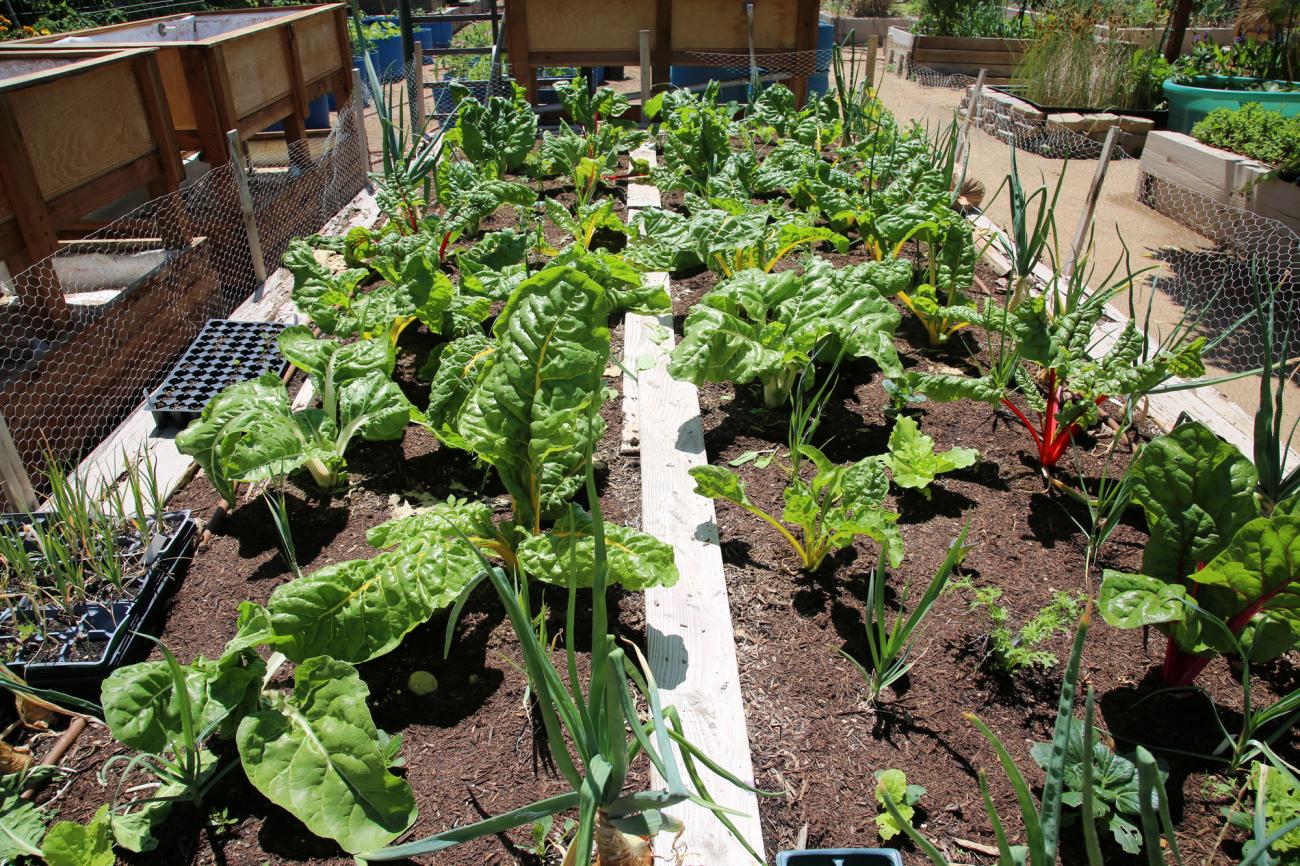
Growing Minds – Experiential Learning
Growing Gardens, Growing Minds: Experiential Learning in Urban Sustainable Agriculture and Ecosystem Science
Urban and exurban areas are the fastest-growing ecosystems on Earth. Building sustainable agriculture systems to support these populations will require a workforce skilled in innovation and critical thinking to build equitable solutions. As such, this project links the ASU Polytechnic West Valley campuses to train students via experiential learning in biology, agriculture, natural resources, and social-ecological systems courses from first years to graduates. A select group of underrepresented students will be selected as fellows and provided specialized training and hands-on experiences. Educational research will assess the learning outcomes related to the experiential program activities.
Project Leads
Project Details
This grant-funded project has two program and research goals:
Experiential Learning in Undergraduate Classes
Integrate and assess course-based undergraduate experience (CURE) in various classes – from 100-level to 400-level – on the Polytechnic and West campuses. We will replace traditional biology labs with field-based experiential learning opportunities that engage students in hands-on research addressing pressing issues such as urban food systems, ecosystem health, and climate change. Research question: How do CURE activities impact student learning, identification as scientists, and long-term retention and intentions to persist in science-focused degrees?
Fellow Program
We will implement and assess a fellowship program, recruit and enroll 15 undergraduate and 3 graduate students from historically underserved populations over a four-year period. Program activities include participation in CURE classes, internships, research experience with a faculty mentor, participation in a new research and career planning class (ABS 489) for undergraduates to focus on science communication, research ethics, career pathways, interview and CV workshops, and reflections on research and internship experiences. Graduate fellows will work directly with faculty advisor to complete an applied project or thesis that integrates social/ behavioral sciences (e.g., rapid assessments and science communication). Research questions: 1) How does the undergraduate fellowship program impact: a) student learning, b) identification as scientists, belonging in science fields, and intentions to persist in degree program, and c) career pathways into science-related fields? How does the graduate fellowship program impact: a) student learning of various research methods, b) identification as scientists, belonging in science fields, and intention to persist in a degree program, and c) career pathways into science-related fields?
Funding
United States Department of Agriculture (USDA): National Institute of Food and Agriculture (NIFA) Hispanic Serving Institutions Education Grants Program (2024-77040-43178)